Courses

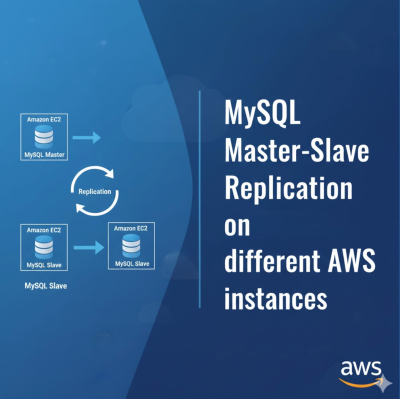
 Compare
Compare
Learn how to set up MySQL Master-Slave replication across separate AWS EC2 instances. This lab covers replication configuration, data synchronization, and failover readiness using Terraform and MySQL.
1 Lessons
Hours
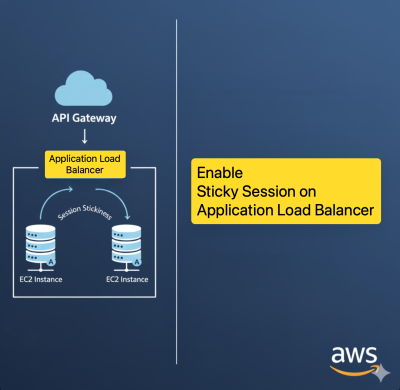
 Compare
Compare
Learn how to configure and test session stickiness on an AWS Application Load Balancer (ALB). This lab demonstrates cookie-based session affinity, failover behavior, and load distribution with hands-on testing.
1 Lessons
Hours
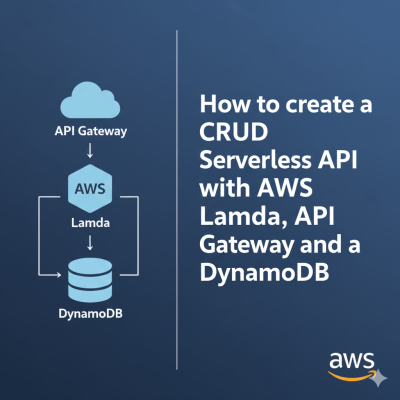
 Compare
Compare
Learn how to build a fully serverless CRUD API using AWS Lambda, API Gateway, and DynamoDB. This hands-on lab covers creating a RESTful API, integrating services, and testing endpoints with real HTTP requests.
1 Lessons
Hours
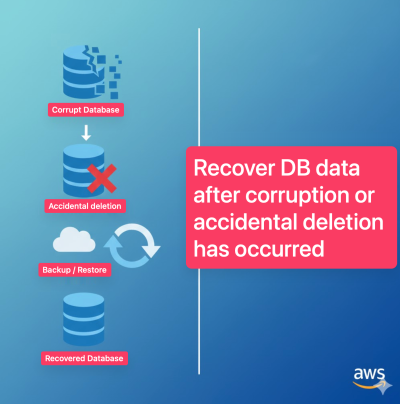
 Compare
Compare
Learn how to recover a corrupted or accidentally deleted WordPress database using AWS RDS snapshots and point-in-time restore. This lab covers backup strategies, restoration procedures, and instance renaming for seamless recovery.
1 Lessons
Hours
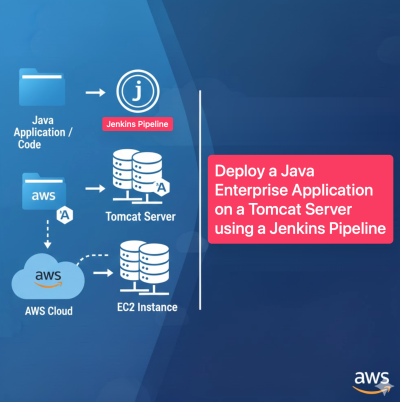
 Compare
Compare
Learn how to automate the deployment of a Java web application to a Tomcat server using a Jenkins CI/CD pipeline. This lab covers infrastructure provisioning with Terraform, Jenkins configuration, pipeline scripting, and automated deployment.
1 Lessons
Hours
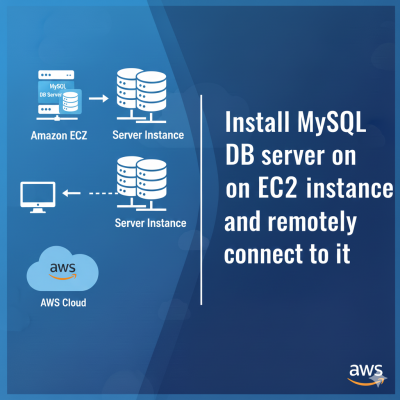
 Compare
Compare
Learn how to install and configure a MySQL database server on an Amazon EC2 instance and connect to it remotely. This lab covers security group configuration, MySQL installation, user creation, and remote database access.
1 Lessons
Hours
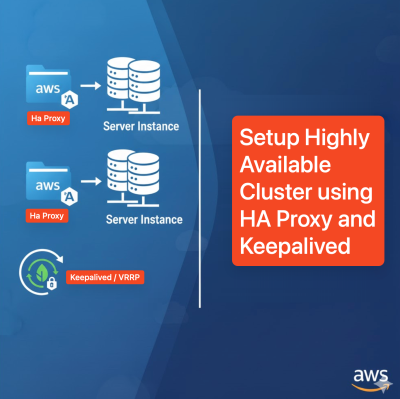
 Compare
Compare
Learn how to build a highly available web cluster using HAProxy and Keepalived on AWS. This lab covers load balancer configuration, virtual IP management, automatic failover, and high availability verification.
2 Lessons
Hours
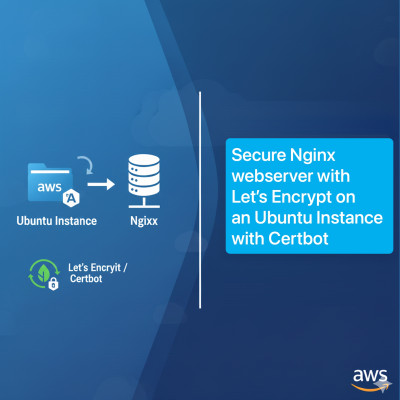
 Compare
Compare
Learn how to secure an Nginx web server running on an Ubuntu EC2 instance using Let's Encrypt SSL/TLS certificates. This lab covers domain setup, Certbot installation, and automated certificate renewal.
1 Lessons
Hours
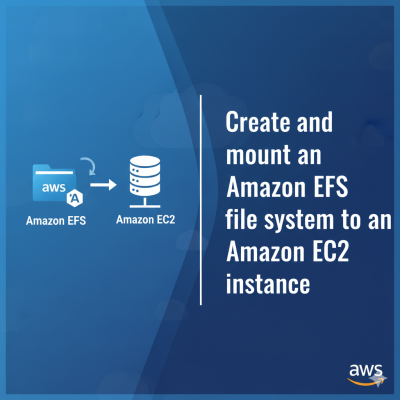
 Compare
Compare
Learn how to create and mount an Amazon Elastic File System (EFS) to multiple Amazon EC2 instances. This lab covers security group configuration, EFS setup, instance deployment, and mounting verification.
2 Lessons
Hours